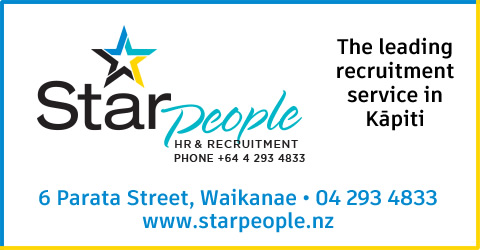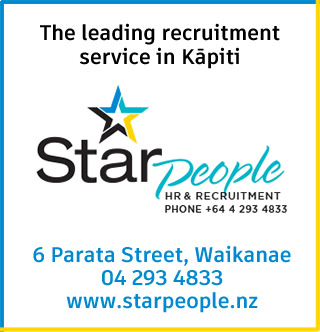
Metlink bus driver wages will increase to an average of $30/hour in urban areas and $28/hour in the regions, following a decision today by Greater Wellington.
Chair Daran Ponter says the increase, which will be back paid to 1 April once documentation is complete, is overdue recognition of the essential service provided by bus drivers.
“More than any other region, we rely on bus drivers to get us to work, school, the shops, the doctors and home again safely. Our drivers provided a vital service during the pandemic and continue to put in long hours to help us cope with the driver shortage,” Cr Ponter says.
Regional councillors agreed to apply money for the uplift from the Government’s $61m Climate Emergency Response Fund (CERF). The fund is available to Public Transport Authorities (PTAs) over four years to improve driver recruitment and retention.
CERF is subject to PTAs matching Crown funding and bus operators agreeing to increase wages to at least match future wage indexation on an ongoing basis.
All parties, as well as unions, have agreed in principle to the uplift, which will be formalised in a Memorandum of Understanding following today’s decision.
“This increase is overdue. Greater Wellington will continue to look for ways to improve bus driver pay and conditions to attract and retain these essential workers,” Cr Ponter says.
To fund the increase from 1 April to 30 June 2023, the Council will release $688,000 to Metlink operators. Greater Wellington’s share will come from existing budgets while 51% is CERF funded.
For the 2023/24 financial year, $2,227,000 will be released to operators. 51% is CERF funded while Greater Wellington’s share is included in the draft Annual Plan.
Regional councillors agreed that for the purposes of CERF funding, Wairarapa and Kāpiti would be considered ‘regional’, while all other areas in the Wellington region would be considered ‘urban’.
Greater Wellington Transport Committee Chair Thomas Nash says the council hopes the wage increase will assist recruitment and retention in a region where the driver shortage is acutely felt.
“Our passengers rely on more than a million bus journeys scheduled by Metlink each year, and are deeply frustrated by cancellations,” Cr Nash says.
“Showing that we value our current drivers and having the right pay and conditions to recruit new drivers are essential parts of our work to restore reliability and public confidence. Public transport is climate action, and we are totally committed to making it work.”
After Greater Wellington successfully lobbied for bus drivers to be made skilled migrants in December 2022, about 35 new drivers joined the Metlink bus network since January.
Bus operators have now increased the number of drivers they require by 25 as a buffer to cover annual leave and recently high levels of absenteeism.
As about 10 bus drivers have left the profession this year, Metlink remains about 120 bus drivers short of the 675 required to run the full timetable.
160 international and local drivers have signed commitments with Metlink operators, but not all will pass immigration processing, training and licensing, which takes months before drivers are road worthy.
There are currently about 40 drivers in training. Operators estimate there will be about 20 new drivers on the road in April and about 65 in May.
Metlink General Manager Samantha Gain says the wage increase reflects the dedication of frontline staff.
“We’re pleased our drivers are being rewarded for their service, and we hope the wage increase will help to attract more drivers to the profession,” Ms Gain says.
“Metlink is looking forward to September when our operators expect recruitment will have had a positive impact by reducing cancellations.”














































